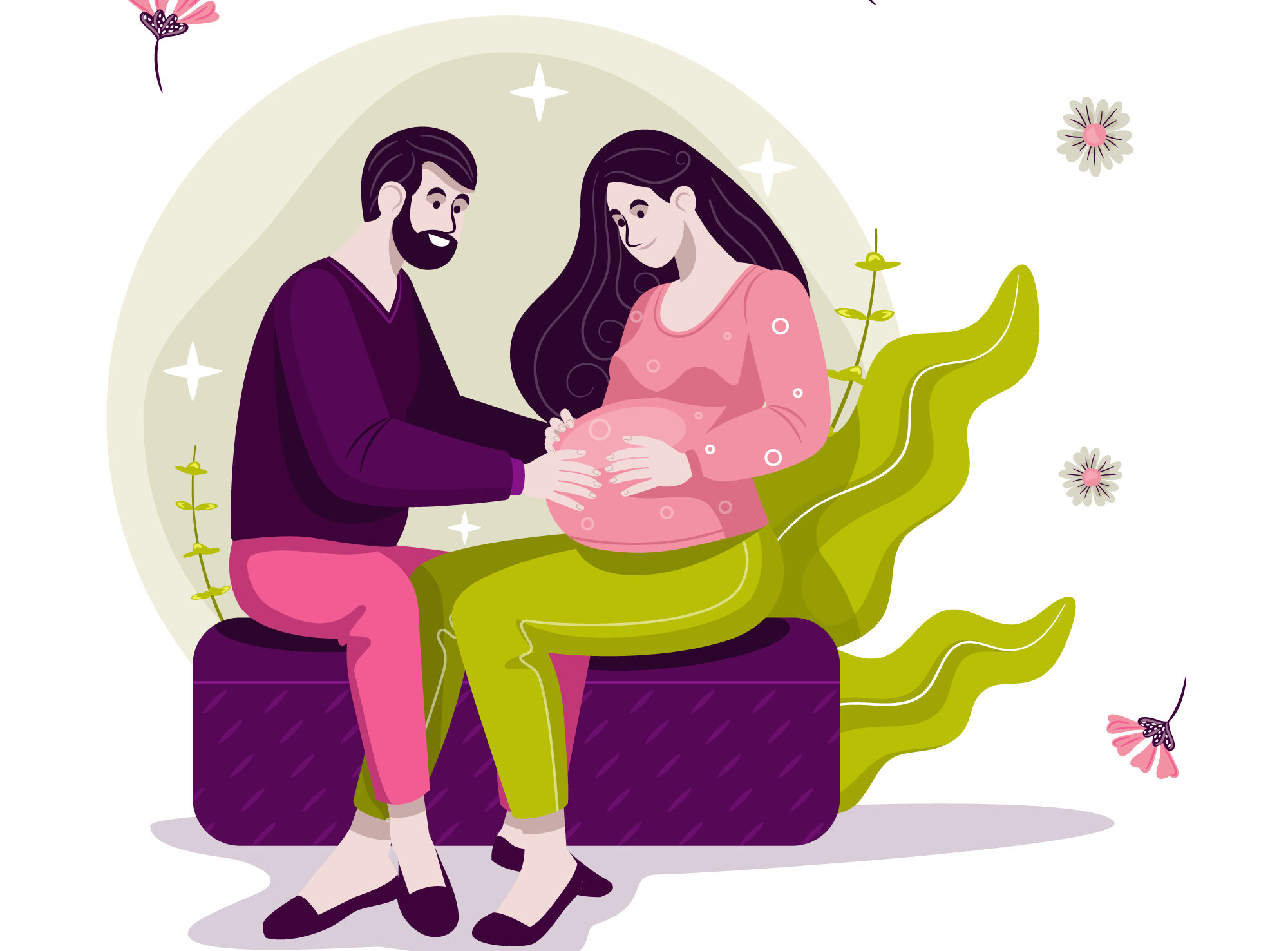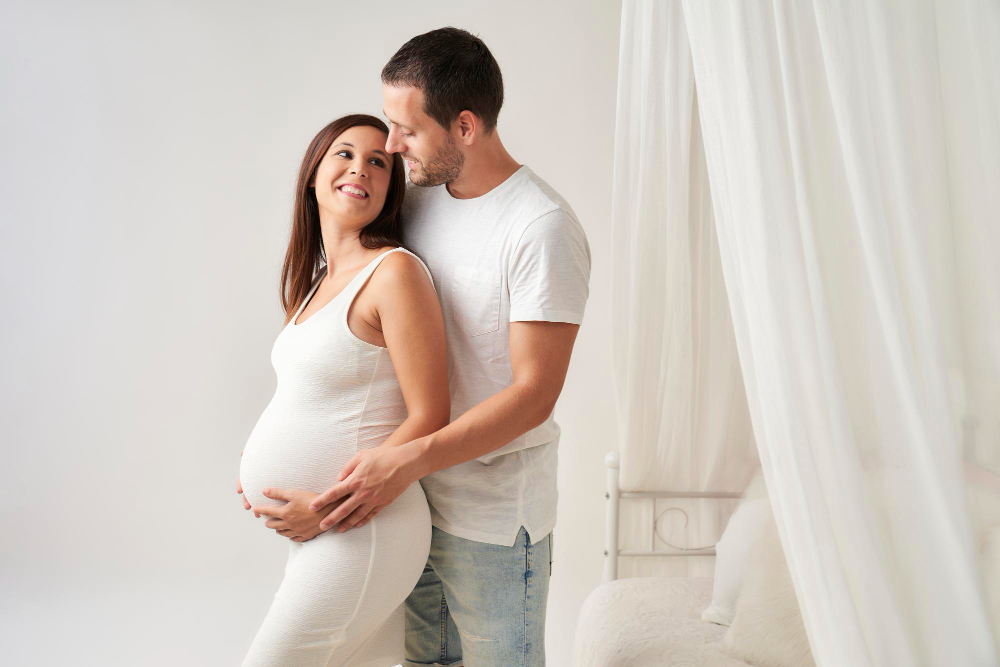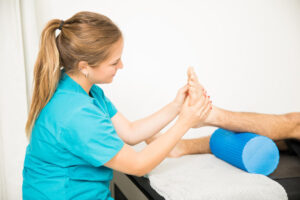What to Expect During Twin Pregnancy
- 1 Expectations During Twin Pregnancy
- 1.1 Early Signs of Twin Pregnancy
- 1.2 Prenatal Care and Checkups Schedule
- 1.3 Understanding Genetic Testing Options
- 1.4 Nutrition Needs for Two Babies During Every Trimester
- 1.5 Navigating Increased Symptoms Intensity
- 1.6 Preparing for Potential Bed Rest
- 1.7 Birth Planning: C-Section or Vaginal Delivery?
- 1.8 Coping with Emotional Changes Together
- 1.9 Postpartum Recovery with Twins
Expecting twins can feel exciting and, perhaps, a bit daunting. You’re embarking on a unique journey where your body nurtures two lives simultaneously. With this double blessing comes distinct experiences from single pregnancies – more frequent check-ups, more significant nutritional needs, and higher chances of bed rest as you progress.
Expectations During Twin Pregnancy

Prepare for earlier delivery times typically seen with multiples while embracing this twin adventure filled with shared kicks and twice the love growing within you.
Early Signs of Twin Pregnancy
There are many differences between single and twin pregnancy symptoms. You might notice you’re gaining weight more quickly than usual. It’s a sign that could point to carrying twins. If your morning sickness feels extra strong in the first weeks, it may be another hint of twin babies growing inside you.
These things can happen in any pregnancy; they alone don’t confirm multiples. Take note when you get a blood test after missing your period and find out that the beta results are higher than expected. This increased hormone level often signals multiple little ones on board!
But remember: only an ultrasound gives sure answers. As soon as 7 or 8 weeks into pregnancy journey with an ultrasound scan planned around this time– prepare yourself for possible news about twins! Expect to feel more tired throughout your twin pregnancy journey than just one baby’s growth.
Prenatal Care and Checkups Schedule

In twin pregnancies, you’ll visit your doctor more often than with a single baby. Starting early on, expect checkups every two weeks until 24 to 28 weeks into your journey – that’s when things get hectic! From then on, weekly appointments will be to monitor both babies’ growth and spot any issues quickly.
Ultrasounds are essential; these peek-ins happen more frequently, too—usually every four to six weeks—to keep tabs on how those little ones are doing inside. You’ve also got tests specific for twins: apart from usual blood pressure and urine checks at each visit, special scans like the nuchal translucency test between weeks 11 and 13 ensure their development is on track. Stay proactive about health—yours affects theirs—and reach out if anything feels off between scheduled visits.
Twin care can be smooth sailing with proper guidance along the way!
Understanding Genetic Testing Options
In your twin pregnancy journey, you should know about genetic testing. Only 8% of parents meet with a counselor for this; it’s low but vital. If you’re older or have used ART, tests like blood screens and amniocentesis help find issues like aneuploidy—abnormal chromosome numbers—or spine problems in babies.
Remember that these aren’t as accurate as with one baby because two are growing inside you. Yes, the chance of anomalies is a bit higher here than with one child—a reason why some opt out after counseling. But knowledge brings peace of mind during stressful times when risks can feel more significant than they are.
It’s not just statistics—your health and future family are on the line.
Nutrition Needs for Two Babies During Every Trimester
It would be best to have more iron when carrying two babies. Your body works harder and uses up what it has faster, especially with twins. Studies show moms with twins often have less vitamin D than those with one baby.
Experts haven’t looked much into other vitamins yet but agree that we should learn more about twin nutrition needs. Your little ones will surely come sooner than single births; that happens to half of all twin pregnancies. They might weigh less, too.
So eat well for three—not just junk food! Take extra folic acid before pregnancy—it’s a must—and check if foods at the store have added folic acid. Stay sharp on this journey as a mom-to-be times two—you’ve got precious cargo aboard!
Navigating Increased Symptoms Intensity
During a twin pregnancy, you might notice your body works harder. Its signs will feel more substantial than with one baby inside. Imagine the feeling of morning sickness—it can hit twice as hard.
Your belly grows quicker; it stretches more to make room for two. Hunger may double, and fatigue does too—not just tired but exhausted at times when you used to be okay. Expect frequent bathroom trips since babies press on your bladder often—more so in later months.
Back pain is joint; carrying twins means extra weight and straining muscles not used to such loads. Listen closely to what doctors tell you about these symptoms because they know best how each change ties into healthy growth for both little ones inside you.
Preparing for Potential Bed Rest

As you get ready for the final months, weight gain is critical. You might add about 5 pounds each week during your third trimester. It’s different for every woman, but keeping a healthy weight helps prevent babies with low birth weights.
You’ll visit your doctor more as the due date nears—once or maybe twice weekly in the last stretch—to check on your and your little ones’ well-being through ultrasounds and heart checks. Please don’t put off childbirth classes; because twins often come early, it’s wise to learn now before potential bed rest orders hit. Such preparation may lessen other health risks at birth, too.
Watch out for preterm labor signs like changes in discharge or any bleeding that feels wrong. Preeclampsia also threatens moms of multiples—a dangerous rise in blood pressure signaled by swelling or protein spills into the urine—so stay alert to these dangers and report them fast.
Birth Planning: C-Section or Vaginal Delivery?
You might wonder if twins mean you’ll need a C-section. Many twin births are vaginal—about half. Labor does get trickier with two, but the best path is what’s safest for both babies and you.
Your doctors will check often to spot any issues early on because risks go up with twins. Each baby’s position in your womb is critical in planning your delivery. If luck’s on your side and both babes face head-down at showtime—that happens 40 percent of the time—you’re more apt to start labor naturally for a vaginal birth.
Even then, though, things can change; sometimes, even single babies must be born via C-section—and it’s twice as likely here. If Baby One says ‘hello’ head-first and Baby Two doesn’t follow suit, don’t lose hope! Your doctor may try turning them by pressing on your belly or reaching inside—the internal version—or delivering feet first if nothing else works.
But say all heads aren’t pointing down? Then a C-section probably looms—it’s just too risky otherwise.
Coping with Emotional Changes Together
As you journey through a twin pregnancy, emotions can ride high. Duffy’s story reminds us it gets tricky. With twins, there may be more complications; the risk is real.
Babies might arrive too soon and have to stay in neonatal care for weeks. Here’s a hard fact – depression hits parents of multiples harder than others with single babies. Studies show moms with twins face 43% higher chances of postpartum blues than those with one baby at a time.
You’re not alone if anxiety grips you after birth; nearly half feel this way, yet few seek help during these trying times. But remember, support is vital – family stepping in does wonders! Remember that emotional health matters as much as physical well-being when coping on this demanding but rewarding path.
Postpartum Recovery with Twins
After your twins arrive, you’ll notice heavy bleeding. It feels like a considerable period, but remember, there are no tampons. You’re on diaper duty now – for yourself and the babies!
Grab a sitz bath from any drugstore; it’s simple to find if you ask for help – not so much with special teas. Taking time out is critical; just ten minutes daily can work wonders as you heal and recharge amidst feedings and changes. If anyone interrupts during this me-time in the bathroom?
Firmly tell them, “I’m taking my sitz!” Keep laughter close; humor helps when dealing with postpartum recovery surprises like hemorrhoids—they hit half of us hard due to pressure down below. Some moms feel sore months later near incisions, while others chase myths of ultra-fast recoveries—those are rare! Give it eight weeks before expecting glimmers of your former self again.
Recovery tends toward 18 months overall after birthing little ones. Remember: The proper postpartum recovery perspective is true strength comes through patience with your healing journey—you’re more capable than you think, even if stitches or c-sections are part of it.
Expect a unique journey with twin pregnancy. You’ll have more frequent check-ups with a healthcare provider to monitor growth and health closely. Your body will change swiftly, demanding extra nutrition and rest as you support two lives.
Anticipate some physical discomfort due to the increased demand on your system. Prepare for an emotional ride, too; excitement mingles with anxiety in this particular scenario. At Parenting Wall, we understand these challenges and offer resources that empower you through each step of your twin pregnancy adventure.

















